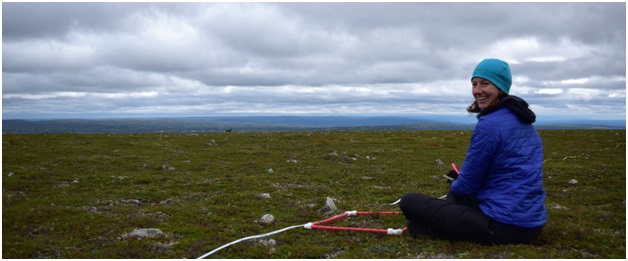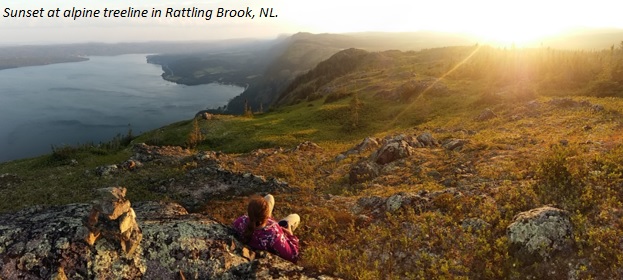Hi All,
Well the bulk of the data for my Master’s thesis is now officially collected and I am back at my desk, for a few weeks at least. Classes are now in full swing, the campus is bustling, and the fall weather definitely makes sitting at your desk a little easier than it was over the summer. But all the same, as a field ecologist, I’ll take any excuse to get out of town and into the bush; so looks as if I’ll be back to the field for a quick trip later this October (hence the almost in the title).
Since April, I have made regular trips to my field site and over these past 6 months I have collected, what feels like, a whole lot of data. Over the summer I tried to keep on top of data entry because, as I learned during an undergraduate field assistant position, leaving it all to the end is really cumbrous. Although the data I have left to enter is a nice easy task to ease me back into spending every day at my desk, I feel an excited anxiousness when I think about how all this data has to be analyzed.
Being a Masters student, I haven’t had much practice working with large portions of data. Sure, during my undergrad I had lab assignments and used open-source data to answer questions. And sure, I held summer field assistant positions where I successfully collected mass amounts of data. And sure, I completed a self-directed study during my undergrad that required data processing and analysis. But this time things feel different, and rightly so. First of all, I feel much more connected to the data and have invested a lot more of myself into it. Of course, I had lots of advice from my supervisor, problem solved with my field partner, and had help from our field assistant (very very appreciative!!), but for the most part, this data is the result of my decisions and reflect what I thought were important explanatory variables, and my decisions on how to collect the measurements. I have a lot emotionally invested in this data; it feels very different when collecting data for yourself than it does for others. I am proud of the work that has been accomplished thus far and want to be equally proud of my work that’s to come. Secondly, this is the first time I am working with a data set that is comprised of multiple experimental and observational results. I am writing my thesis as a manuscript style, so that means I am required to have two chapters, aka two different stories, from my data. All my data relate to the overarching question “what role do non-climatic factors play in constraining or promoting early-life stage establishment and survival of boreal conifers at alpine treeline in Central Newfoundland” but what are the two stories that will fit with that question going to be? Over the next few weeks, decisions regarding what data compliments each other and what statistical analyses need to be done to find the ‘plot’ of these stories, needs to be made. It’s all very exciting and simultaneously overwhelming because I know the next few months will be filled with a lot of firsts.
Let’s bring it on!
~Anna

Conducting a vegetation composition survey in the St. John Highlands. Can you spot the lone caribou foraging in the distance?
